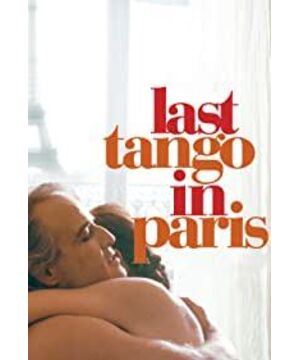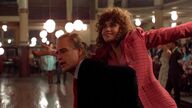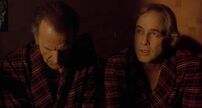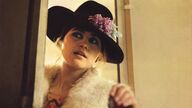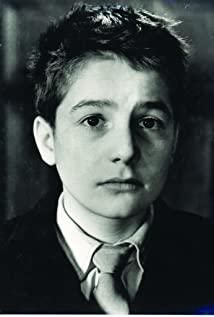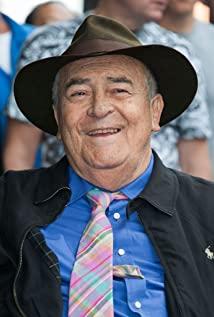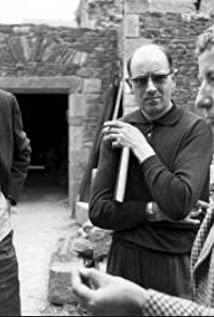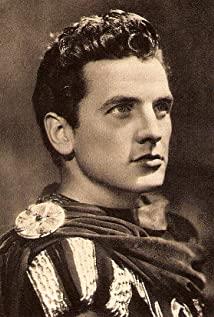Bertolucci tells a horrific romantic love story, in which Jeanne and Paul's initial encounter has a romantic overtone, but soon sees the true relationship between the two: melancholy, cruelty and despair. People no longer communicate with each other, a lingering sense of loneliness permeates all around, and hope of relief rests on hysterical episodes and momentary pleasures.
In this film, Marlon Brando is a man who can speak with his eyes. The twists and turns of the situation make him always on the edge of wanting and not wanting. Under the seemingly strong and brave appearance hides a fragile and melancholy soul.
The last scene of the film is the highlight of the whole film. Reluctantly, Jeanne shot Paul. Before he died, Paul curled up on the balcony, stuck a piece of mouth glue on the railing, and closed his eyes. In that posture, like a fetus in a mother's body, it seemed that he had finally got it. The liberated Paul returned to the mother body, completing the cycle of life.
This is a self-dissecting film. It is an analysis of the relationship between men and women, and an analysis of distressed emotions. After reading it, I immediately thought of religious redemption. Only religion can radiate this ethereal yet existential magic.
The Last Tango in Paris was watched when I was depressed, hesitant, bitter and a little sweet in college, and I was very obsessed with Marlon Brando's temperament at that time. Now repeating the old words, I find that my attitude towards life has changed because of people. I don’t want to fall into religious contemplation and redemption again. Desire for a simple, a simple attitude to life.
View more about Last Tango in Paris reviews


